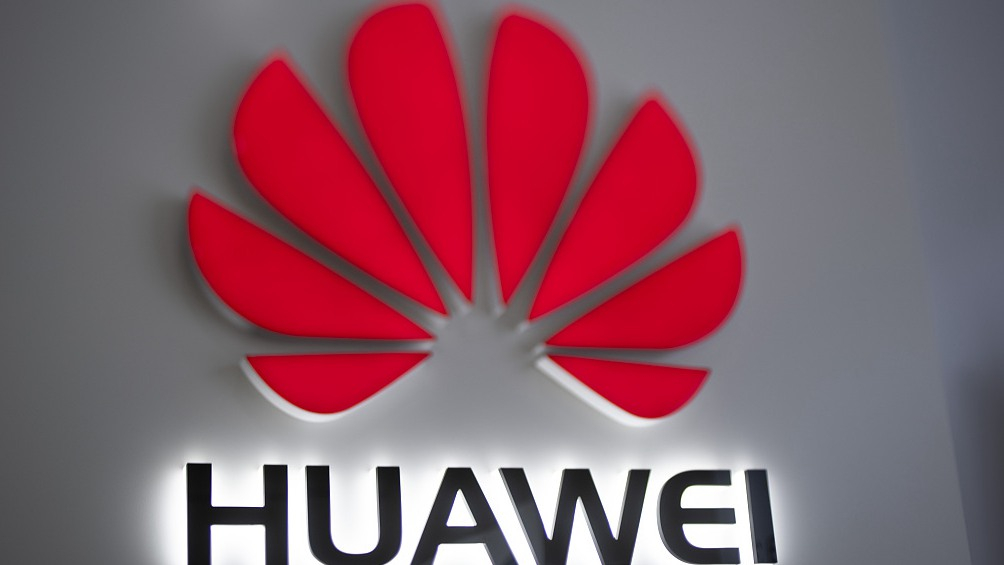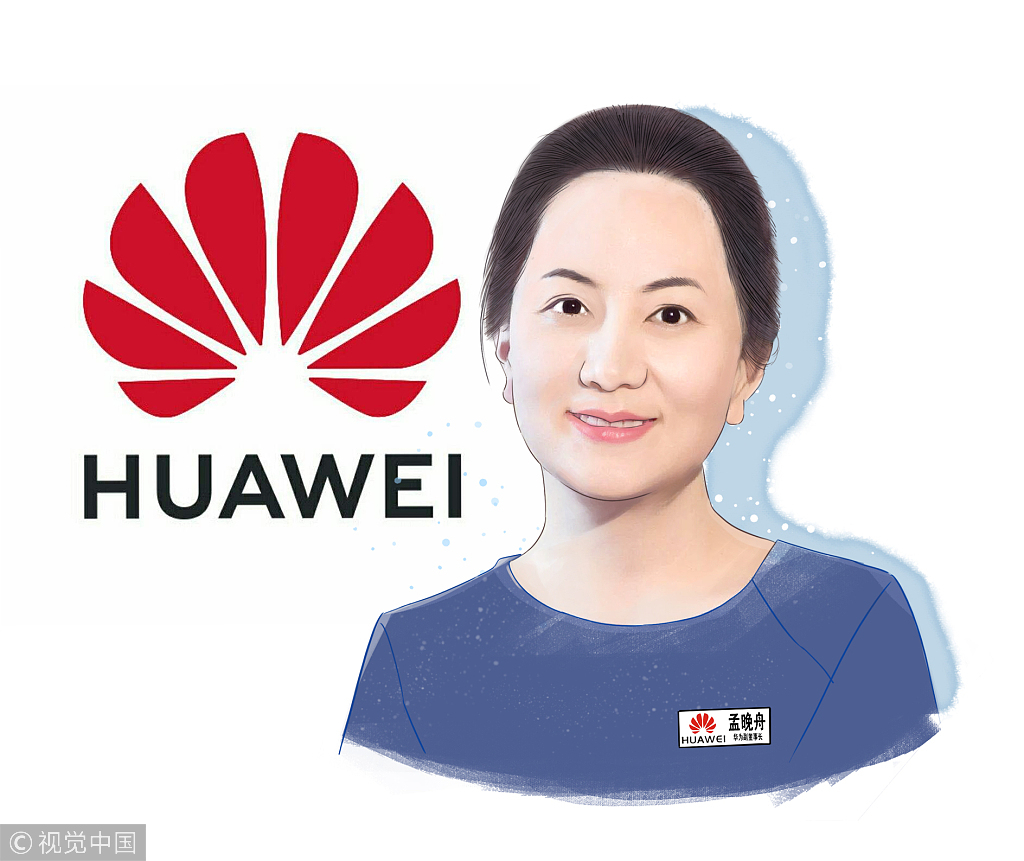
Opinion
10:55, 06-Mar-2019
Will Huawei rise above the legal challenge?
Kong Qingjiang

Editor's note: Kong Qingjiang is the dean of the School of International Law, China University of Political Science and Law. The article reflects the authors' opinion, and not necessarily the views of CGTN.
Following civil litigation against the Canadian government by Ms. Meng Wanzhou, Huawei decided to lodge a complaint against the U.S. administration. According to a Chinese media report, Huawei is preparing to bring the U.S. government to court in Texas where it has its U.S. headquarters. It is expected to challenge the constitutionality of a section in the National Defense Authorization Act passed by the U.S. Congress in 2018, which prohibits U.S. federal government agencies from using technology from Huawei and another Chinese IT company, ZTE.
This is widely viewed as a decisive step that the Chinese tech giant took to engage in a legal battle against the forces that are attempting to contain the leading Chinese tech company.
In recent months, bad news stories keep piling up for Huawei. Starting from the December 1 arrest of Meng Wanzhou, the chief financial officer by the Canadian authorities at the extradition request of the U.S., an employee was arrested in Poland on espionage charges in January 2019.
Moreover, quite a few foreign governments either announced to ban the company's products, which include both smartphones and network gear, over concerns that Huawei could build backdoors into its products on behalf of the Chinese government, or was reportedly reconsidering their business relationships with Huawei as well.
Ironically, none of the governments have presented evidence of allegation that the company spied or has attempted to spy on behalf of the Chinese government. That is to say, the suspicions about Huawei's connections to the Chinese government are nothing but baseless.

Meng Wanzhou, Huawei Technologies Co Ltd's chief financial officer (CFO). /VCG Photo
Meng Wanzhou, Huawei Technologies Co Ltd's chief financial officer (CFO). /VCG Photo
It is unfortunate that Huawei, which used to be low-profile, cannot prevent the U.S. and its closest allies from viewing it as an intruder in new telecommunication technology and even undertaking an effort to demonize Huawei. Against the background of China's rise, being a Chinese telecom company itself may make Huawei an easy target of the so-called security concerns, not to mention that it is a pride company of China.
Amid the widely felt hostility, Huawei stands firm and calm. In addition to denying accusations, the tech giant demonstrated its resolve and courage. Legal battles are not new to Huawei.
Watcher familiar with Huawei's rise as a major player in the industry could still recall that it was the Huawei v. Cisco case that cleared off the false allegation that Huawei pirated Cisco's intellectual property rights and won it a big name in the industry. Believe it or not, many attributed this legal action to the rise of Huawei.
Of course, the legal challenge is not that easy this time. Huawei's opponent is the U.S. government, and the object is the constitutionality of a piece of U.S. legislation. In a way, it is just the last sort that the encircled Chinese company can resort in the Wild West.
It is almost certain that Huawei will encounter numerous challenges in the course of legal actions against the most powerful authorities in the world. Huawei risks the challenges not only to open the market, which has been wrongly closed to it but to defend its name as well the name of Chinese companies like it in general.
Nevertheless, Huawei is not alone. Millions of consumers in China and beyond are behind it. Standing side by side is the Chinese government, which has shown its determination to safeguard the legitimate interests of its nationals and companies abroad.
Moreover, Huawei isn't that vulnerable. Thanks to the country's opening-up and reform era, as well as the economic globalization, it has risen to be one of the largest telecom equipment and service companies in the world.
Due to its market penetration, even countries that block it from building new networks will likely still have to rely on the company to maintain their 4G networks under existing contracts. It keeps a consistently good track record in the industry. So far, the setbacks have not been able to knock Huawei from its perch as the world's largest seller of telecommunications gear, as expected by the competitors and the governments behind them.
Even more fortunate is that it has been leading among its peers in the industry and has thus gained a competitive edge in the race for the new generation of telecommunication networks: 5G. In this regard, regardless of the final result of the legal battle, it is difficult for Huawei's competitive edges to be undermined. In a nutshell, this is where the confidence of Huawei lied at when it decided to bring this unprecedented legal action.
It is expected that Huawei's legal action against the U.S. authorities would not be the last one. Huawei is ready to legally challenge its foes whenever needed.
(If you want to contribute and have specific expertise, please contact us at opinions@cgtn.com.)

SITEMAP
Copyright © 2018 CGTN. Beijing ICP prepared NO.16065310-3
Copyright © 2018 CGTN. Beijing ICP prepared NO.16065310-3